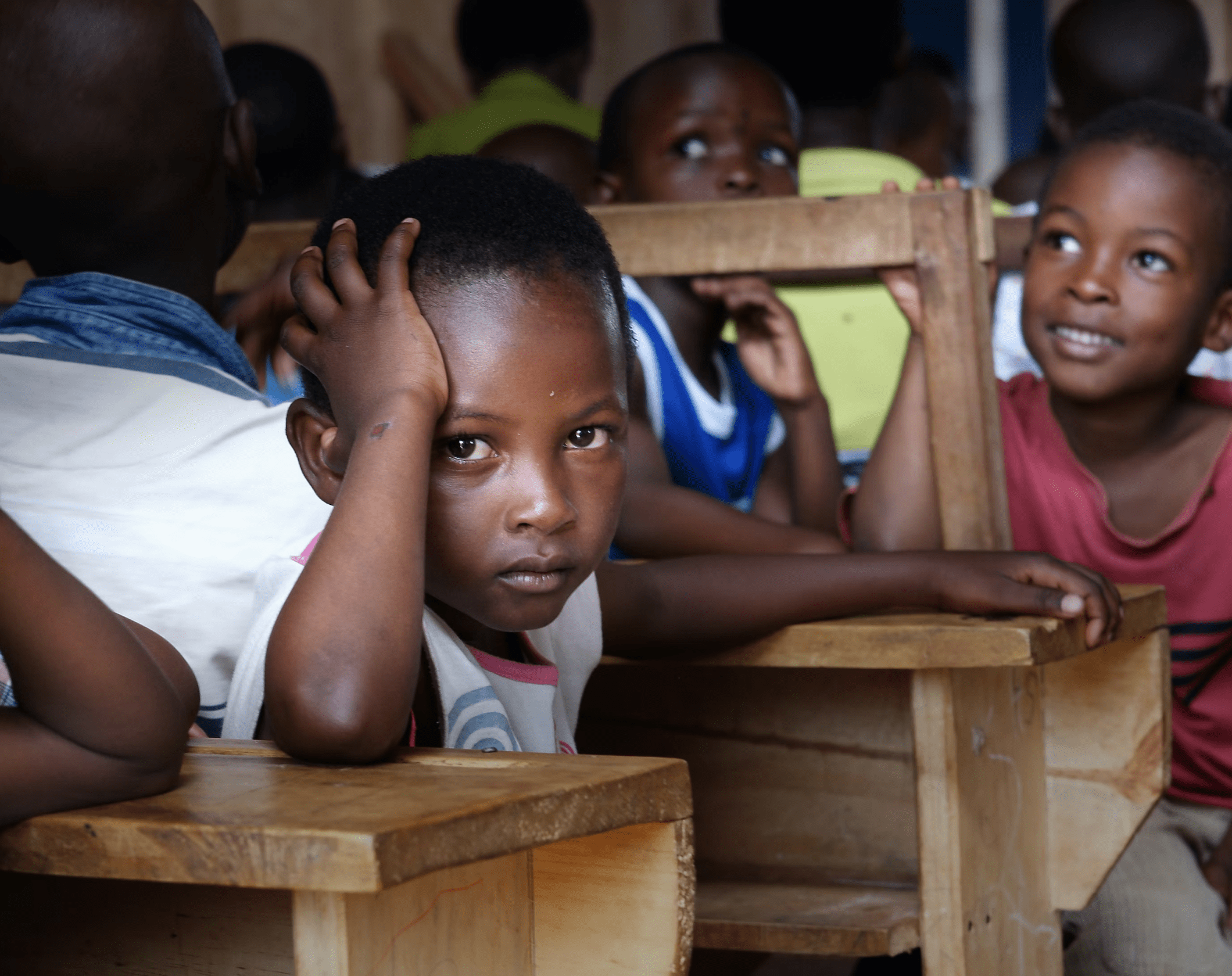There is a rhythm to the frenzy in this tailoring shop in the heartland of Nigeria’s oil zone.
The whirring of four electric sewing machines snips from two industrial-sized scissors and the sizzle of moist fabric as steam billows from a large pressing iron.
But another sounds jars as the six sweaty men work: the metallic grind of a generator. It is behind a wall to muzzle its noise, but that cannot hide its high pitch or the smoky fumes it exudes.
“I have two of those, just in case one fails,” says Ozu Adah, a lean-muscled man with cropped hair who runs this shop in Choba, a university community in the southern state of Rivers.
Like millions of other small business owners in Nigeria, the 37-year-old tailor cannot rely on electricity from the national grid as blackouts are common and the 5,000 megawatts distributed is only enough to serve around five million average households in urban areas.
Most of Nigeria’s 210 million people must provide their own electricity – Africa’s largest economy is run on a variety of Chinese- and Lebanese-made generators
“Since I was born, I have never experienced a stable power supply. We call ourselves the giant of Africa but we can’t fix electricity,” complains Mr. Adah as he works on a buttonhole.
Despite being blessed with large oil and gas reserves and hydro and solar resources, successive governments since independence in 1960 have failed to achieve a stable electricity supply.
With just weeks to the next presidential election, all three front-runners – Bola Tinubu of the ruling All Progressives Congress (APC), Atiku Abubakar of the Peoples Democratic Party (PDP), and Peter Obi of the Labour Party – have listed fixing the power supply as a key point in their manifestoes.
Though the campaign promises can sound hollow given outgoing President Muhammadu Buhari failed to deliver during his eight years in office on providing at least 20,000 more megawatts.
Mr. Adah’s operations rely on electricity and he spends 3,000 nairas ($6; £5) every day to fuel his generator.
But since November, there has been a widespread shortage of fuel in Nigeria, which has worsened recently, forcing many to sleep overnight in queues at petrol stations.
He is frustrated that he lives in an oil-rich state with so little to offer its citizens.
As a boy, he dreamed of working in the oil industry – as his father had done. But by the time he finished studying geology at the University of Port Harcourt, he was unable to find a job in that sector.
Instead, he turned to what he saw his mother do – making clothes. She used the popular but labor-intensive manual Butterfly machines imported from China.
Like a generation of young people forced to turn to jobs they would rather not do – he found an innovative way of pursuing it, using modern electric-powered machines.





